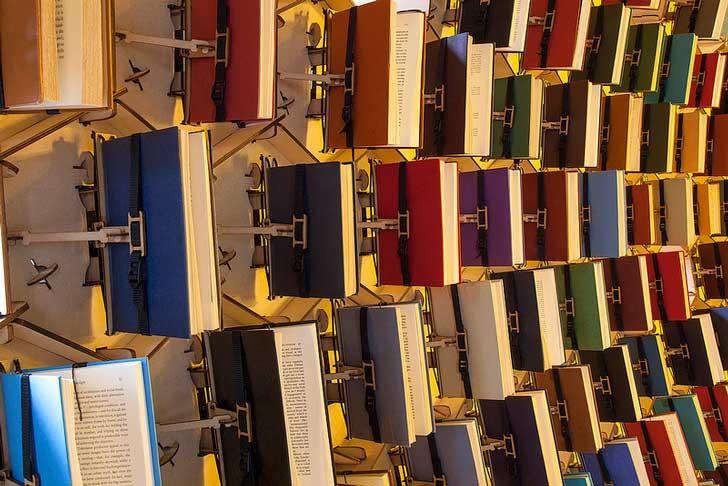August 8, 2016 - 18:43

,
Two linked courses, co-taught by Jody Cohen and Anne Dalke
Bryn Mawr College, Spring 2017
ENGL 244: Unsettling Literacy (TTh 2:25-3:45, in English House Lecture Hall) and
EDUC 244: Unsettling Literacy: Praxis (W 1:10-4, in Thomas 104)--plus weekly fieldwork
The prison industry needs to plan its future growth—how many cells are they going to need? How many prisoners are there going to be, fifteen years from now? And they found they could predict it very easily, using a pretty simple algorithm, based about asking what percentage of ten- and eleven-year-olds couldn’t read. And certainly couldn’t read for pleasure--Neil Gaiman, The View from the Cheap Seats
These two new courses are co-designed by teachers in the Education Program and English Department. Each of us is serving a “term professorship” at Bryn Mawr College, while engaged in long(er) term instruction at Riverside Correctional Facility in North Philadelphia. We offer these two “walled communities,” along with two other placement sites--a re-entry program in Norristown, and a youth art and advocacy project in North Philadelphia--as comparative contexts for experiences and reflections on what it means to “learn our letters”: What gives us access, to texts and selves? What are the outcomes of such educational processes? Do we imagine “letters,” in Frederick Douglas’s words, as providing “the pathway from slavery to freedom,” and/or (as claimed by a contemporary criminologist) as “training good workers for a problematic system”? Might the interestingly dated term, being "lettered," take on different meanings in different contexts--and so unsettle the concept of what it means to be "literate"? Is becoming "lettered" something that happens only in formal educational sites? Does it enable learners to fill roles in stratified, normalizing institutions, and/or give us increased leeway in living our lives--perhaps even opening up what educator Jean Anyon calls “radical possibilities”? Might there be a third possible space where such questions might be answered?
